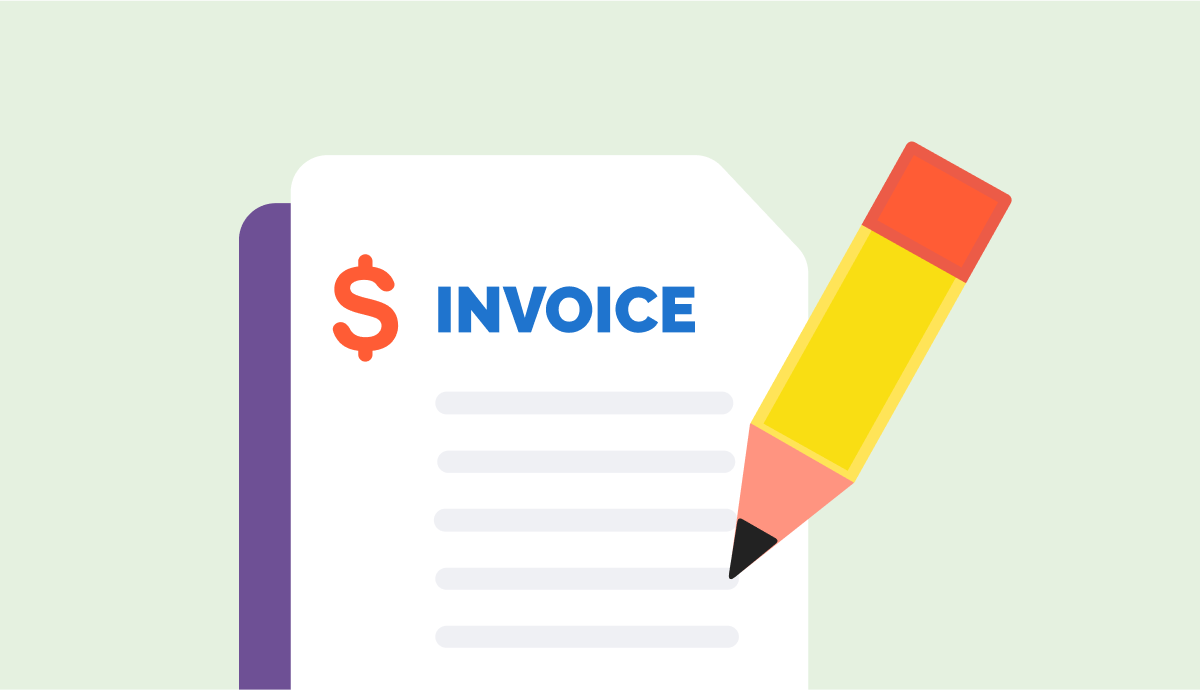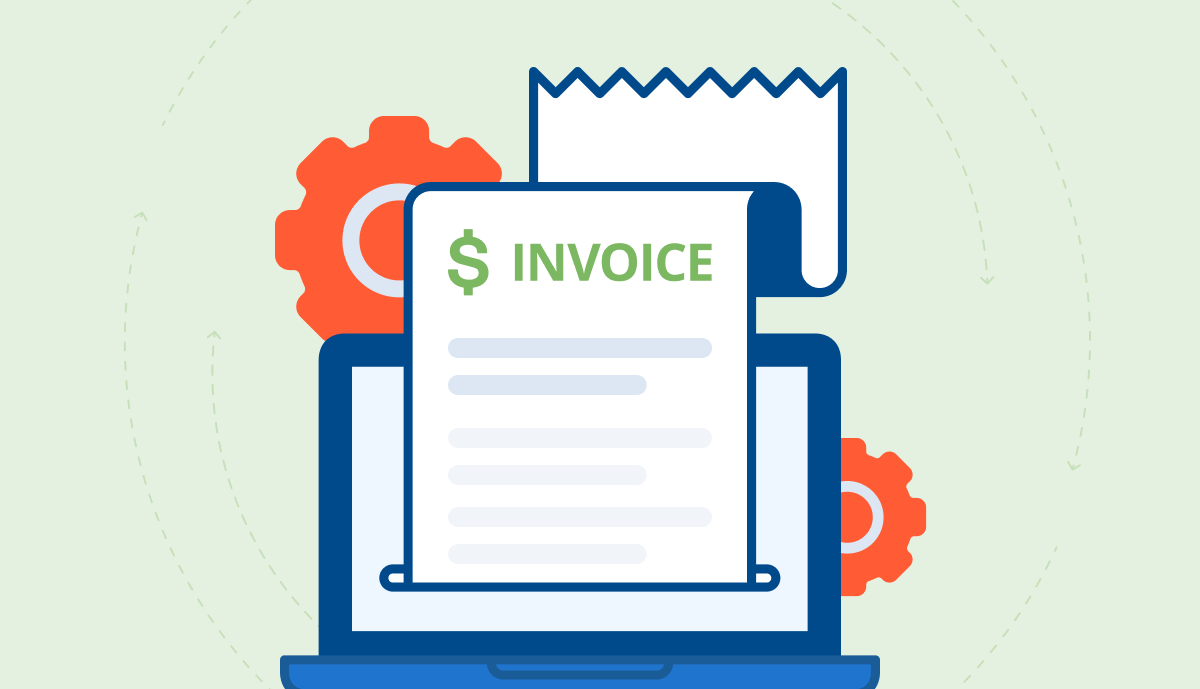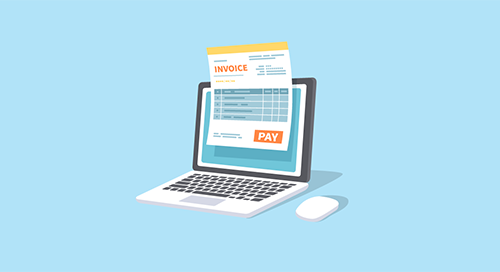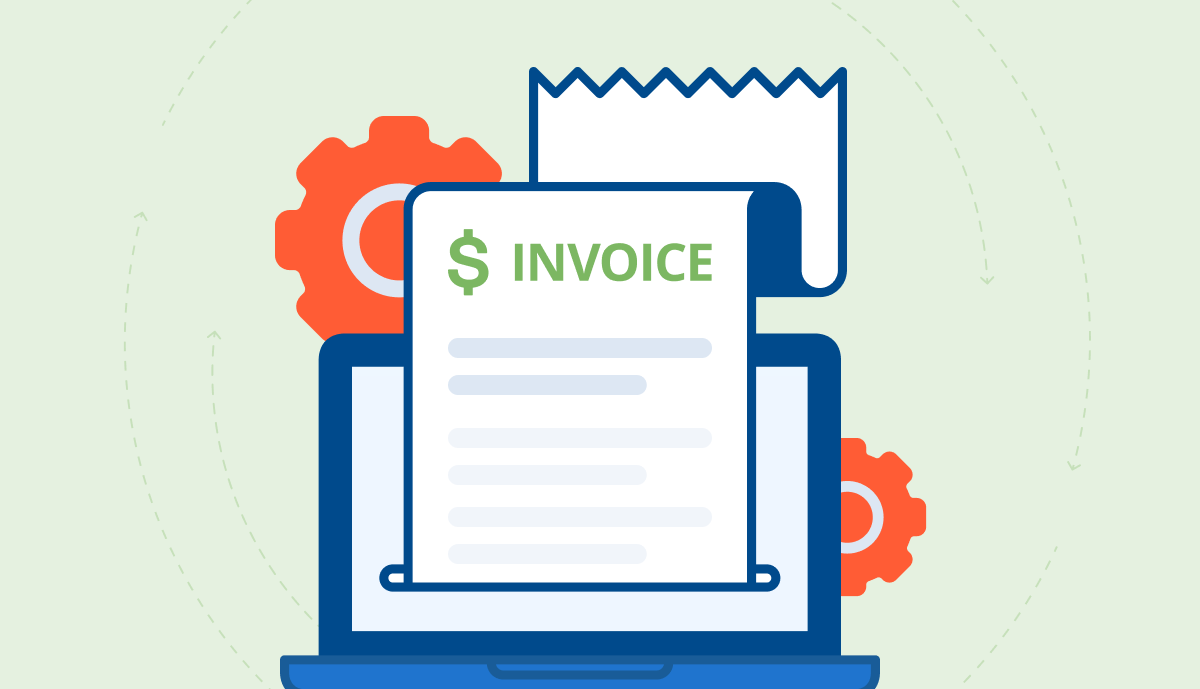
Last updated July 20th, 2023
Marketing professional services is what distinguishes your business from your competitors. The key to thriving in such a competitive industry lies in the strategic utilization of marketing techniques.
In this blog, we’ll dive into the significance of marketing for professional services organizations, highlighting its pivotal role in driving growth, establishing credibility, and nurturing client relationships.
We’ll also explore a lesser-known yet powerful tool within the marketing arsenal — invoicing. Discover how the art of invoicing can not only streamline financial processes but also serve as an effective means of showcasing the value and professionalism of your business.
Professional Services Marketing
Professional services firms operate in a highly competitive market where expertise and reputation are crucial. In this industry, the importance of marketing cannot be overstated. Marketing strategies play a pivotal role in helping these organizations stand out from the crowd, attract potential clients, and build enduring relationships. It goes beyond traditional advertising and encompasses a range of activities designed to enhance visibility, credibility, and brand recognition.
By effectively marketing their service offerings, professional services organizations can position themselves as industry leaders, establish trust, and differentiate themselves from competitors. Marketing also enables them to communicate their unique value propositions, highlight their areas of expertise, and demonstrate a deep understanding of their clients’ needs. Additionally, marketing efforts can drive business growth, generate leads, and ultimately contribute to long-term success. In an era where information is readily accessible, strategic marketing has become an indispensable tool for professional services organizations to thrive in an increasingly competitive market.
Marketing for Professional Services: 8 Tips
1. Define Your Target Audience
Start by clearly identifying and understanding your ideal client base. Develop buyer personas that encompass their demographics, pain points, and motivations. This knowledge will enable you to tailor your marketing efforts to resonate with your target audience.
2. Develop a Strong Brand Identity
Work on creating a compelling brand strategy that embodies your organization’s values, expertise, and unique selling propositions. Consistently communicate your brand through your website, logo, messaging, and visual elements to create a cohesive and memorable identity.
3. Showcase Thought Leadership
Position yourself and your organization as industry leaders by sharing valuable insights and expertise through content marketing. Write informative blog posts, publish white papers, host webinars, or contribute articles to relevant publications to establish credibility and attract potential clients.
4. Leverage Social Media
Utilize social media platforms that align with your target audience to increase your online presence. Share valuable content, engage with your audience, and actively participate in industry discussions. Social media provides an excellent opportunity to build relationships, demonstrate expertise, and expand your network.
5. Optimize Your Website
Ensure that your website is visually appealing, user-friendly, and optimized for search engines. Optimize your content with relevant keywords to improve organic search rankings. Highlight your services, testimonials, case studies, and contact information to make it easy for potential clients to engage with your organization.
6. Encourage Client Testimonials and Referrals
Satisfied clients can be your best advocates. Encourage them to provide testimonials and reviews highlighting their positive experiences. Offer referral programs that incentivize clients to recommend your services to their network. Positive word-of-mouth can significantly enhance your reputation and attract new clients.
7. Network and Collaborate
Attend industry events, conferences, and seminars to network with potential clients and partners. Collaborate with complimentary service providers to expand your reach and offer bundled services. Building relationships and strategic partnerships can lead to referrals and mutually beneficial opportunities.
8. Monitor and Analyze Results
Implement analytics tools to track the effectiveness of your marketing efforts. Measure website traffic, engagement metrics, lead generation, and conversion rates. Regularly review and analyze these data to optimize your strategies and make informed marketing decisions.
Professional Services Branding and its Importance
Professional services branding is crucial for selling a professional services business. It involves creating a unique identity that sets them apart from competitors and resonates with their target audience. By differentiating themselves, professional service providers can attract clients and build trust by showcasing their expertise and reliability.
A strong brand helps establish credibility, enhances client attraction and retention, and allows for premium pricing. It also contributes to business growth by opening up new opportunities and supporting marketing efforts. Additionally, a well-defined brand can boost employee engagement and satisfaction, as it aligns them with the company’s values and creates a sense of pride and commitment. Overall, professional services branding is essential for success in a competitive market by creating a distinct identity, building trust, and driving business growth.
How to Market Professional Services Using Invoices
Think of every invoice as a chance for your firm to shine. Every invoice you send to your clients is an opportunity to maintain and improve your business relationships. When your firm bills a client, you should expect that they’ll pay close attention to the invoice you send and that they will evaluate the quality of your firm’s work based on your invoice.
That’s why you should think of every invoice as a marketing opportunity that could help your firm to retain old clients, to gain the confidence of new clients, and to reach potential clients. Invoicing is the perfect time to show them exactly what your firm values, so show them what you’re worth, and what you can do.
But a lot of firms are still sending their clients a generic, computer-generated invoice, without any description of why their work is valuable. When a services firm sends a generic invoice that isn’t tailored to who their firm is, then they completely miss an opportunity to gain their clients’ confidence and to encourage future business.
So how can your organization use its invoices to do the kind of marketing that will impress your clients? And what parts of your invoice can you use to boost your business’s marketing?
Check out our simple rules below for turning your generic invoice into something that will really impress your clients, and keep them coming back.
Simplify Your Invoice
As you know, billing and invoicing is an opportunity to explain things to your clients, and not to confuse them with complicated language and ideas. If they don’t understand the specifics of what you’re invoicing for, and if they start asking questions, then it will take even longer for your firm to get paid. An invoice isn’t the place to be over-complicated or vague.
Instead, make sure everything is clear and direct, so they understand every item on your invoice. Be certain to use plain language that gets right to the point. If you think there’s a line item that your clients could possibly misunderstand, then rewrite it as simply and as clearly as you can, so they’ll be sure to understand everything.
Keep It Simple, But Keep It Your Own
An invoice is your firm’s chance to show its worth. It’s your opportunity to show that you’re not only worth the compensation for which you’ve invoiced, but also, to show that no other firm could do work of a similar quality. This could be your only chance to distinguish your firm from your competitors.
So take every opportunity to illustrate the quality of the work your firm has completed, and write simple but comprehensive descriptions of what you’ve done, which should highlight the skills you’ve used to get the job done. Don’t leave your clients in the dark; make your value obvious. Use language that proves you should be compensated in full, without exception.
Use the Right Words for the Job
Your invoice must include the right words to describe the job you’ve done. This is where you include action words to outline precisely what your firm has accomplished. Be as specific as possible without confusing your clients, or misstating your accomplishments, or overlooking important details.
For example, you shouldn’t write that you’ve reviewed something (since that could mean just about anything) when you could write that you analyzed or researched something, as those verbs describe the work your firm has completed. Describe exactly what you’ve done, without depending on vague language or generic terms. Instead, always use the right words.
Show What You’ve Accomplished
You’re invoicing because you expect to be compensated, so show your clients what your firm’s work is worth, and be as particular as you can. Every invoice is your chance to show not only that you’re worth full compensation, but to also show that you’ve made progress on the goals that matter to them so that your firm’s value is obvious.
Illustrate in simple language exactly what you’ve done to further your client’s interests. That’s how you gain trust, not just so that you’re compensated for the work your firm has done, but also so that your firm will be a viable resource in the future. Think of your invoice as proof of the work you’ve invested, as well as an invitation to keep your client relationship going, into the future.
Recognize the Value of Email Invoices
When you start thinking of an email as a document that enhances the value of the attached invoice, and of every communication as added value, your firm can begin making the most of its marketing potential. An email with an attached invoice is your chance to highlight the great work you’ve done, emphasize your results, and show clients what you’ve waived from invoicing.
Any additional information you can offer will give your clients the opportunity to appreciate everything your firm has done to solve their problems. An email invoice should highlight all of your accomplishments, and prove to your clients that you deserve full compensation, giving them a good reason to keep working with your firm.
Ask for What Your Firm Needs to Grow
Don’t forget that an invoice is an opportunity to ask clients for what your firm needs. Make sure to ask your clients if you’ve met their expectations, whether you ask them to confirm in an email response, or whether you send them something more formal, like a survey, or a questionnaire. This might be your only window to ask for feedback.
Your invoice is also a chance to ask your clients for a referral, especially when your firm’s work has resulted in a good outcome for your client, and you’ve maintained a good relationship with them. With very little effort on your part, an invoice is the perfect opportunity for you to ask any client to contact your firm for additional work or to refer you to other clients in their industry.
In other words, your invoice should not just compel a client to compensate your firm, but must also communicate your firm’s value––both now and in the future. When you do great work, you should tell your clients exactly what you’ve done to help them. After all, when you send an invoice, you never know when the work you’ve done could lead to future opportunities to grow your firm.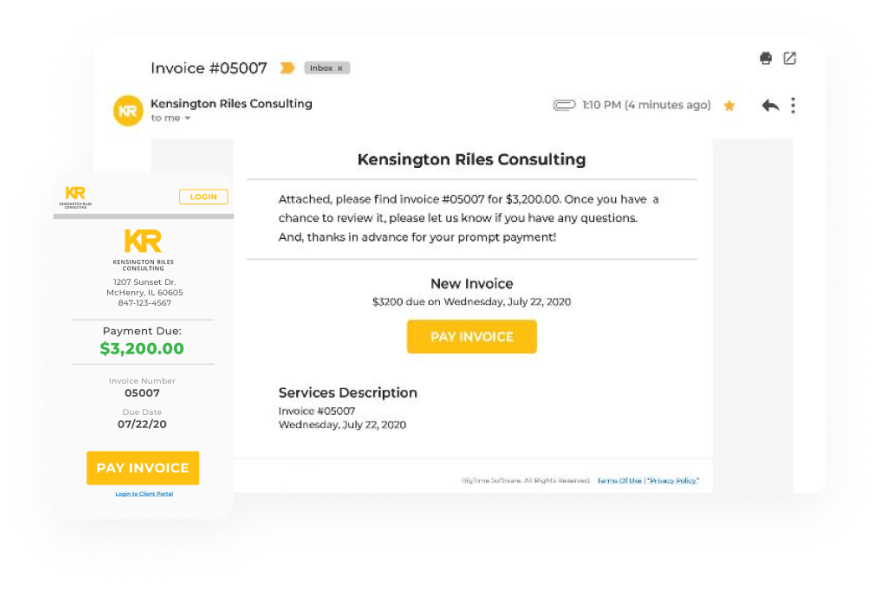

Frequently Asked Questions About Marketing Professional Services
How do I market my professional services business?
Market your professional services business by identifying your target audience, developing a strong brand, creating valuable content, utilizing online platforms, networking, and providing exceptional customer service.
What is marketing of professional services?
Marketing of professional services involves the strategic activities and tactics aimed at promoting and positioning specialized services offered by individuals or companies, with the goal of attracting and retaining clients, building brand reputation, and driving business growth.
What makes professional services marketing different?
Professional services marketing is different because it focuses on promoting intangible services rather than tangible products, often requiring a personalized and consultative approach to showcase expertise, build trust, and establish credibility in the target market. Additionally, professional services marketing often relies heavily on relationships, referrals, and thought leadership to attract and retain clients in a highly competitive and knowledge-based industry.

